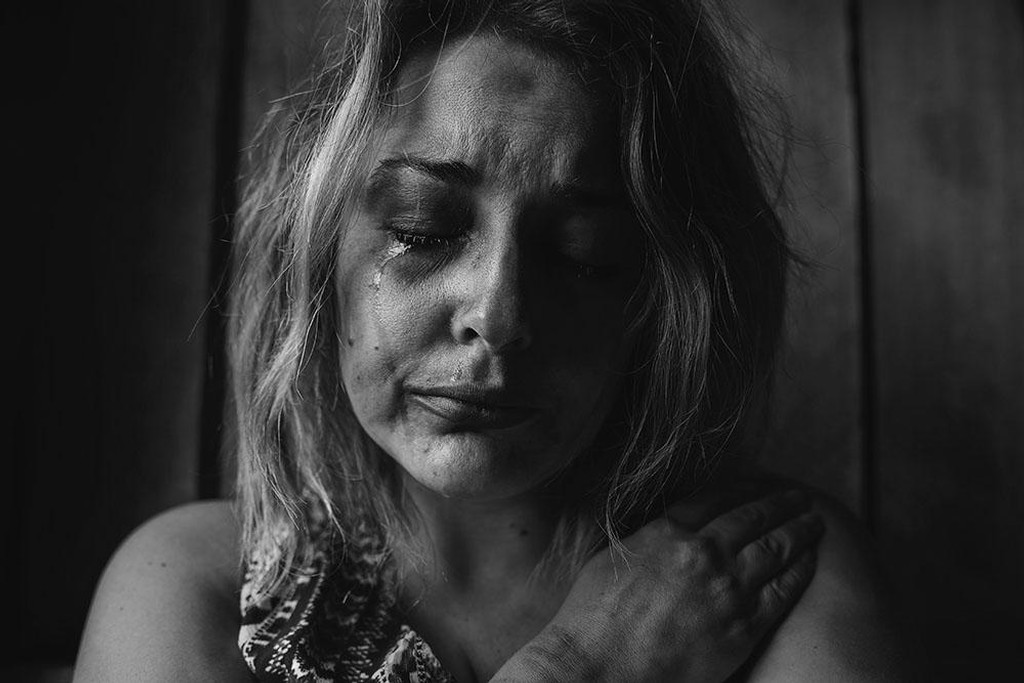Epidemiological data show that depression is the most common psychological disorder in the world. A study by the World Health Organization for the year 2020 predicts that, of all the disorders, depression will impose the second largest load on health in the world. This disorder affects over 350 million people worldwide regardless of gender, age or social status.
We hear about it more and more often but not everyone really knows what it is.
Unlike temporary sadness, depression is a disease of mood that affects people's ability to think lucidly and realistically, undermines the motivation for action, alters bodily functions such as, for example, appetite and sleep and it makes those who are affected feel in the midst of a terrible emotional suffering and, above all, unable to get out of it.
Causes
Depression is caused by a combination of biological, psychological and social factors. In other words, life choices, relationships and the ability to cope with difficulties and stress play a role analogous to that of genetics.
In any case, certain risk factors make some people more vulnerable than others.
- Solitude
- Lack of social support
- Recent stressful life experiences
- Family history of depression
- Marital or relational problems
- Economic difficulties
- Trauma or child abuse
- Abuse of alcohol or drugs
- Unemployment or under employment
- Health problems or chronic pain
Symptoms
The way Depression manifests varies from person to person, but some common symptoms can be identified.
The most common physical symptoms are loss of energy, fatigue, concentration and memory disorders, motor agitation and nervousness, weight loss or gain, sleep disorders (insomnia or hypersomnia), lack of sexual desire, physical pain, feeling of nausea, blurred vision, excessive sweating, lightheadedness, accelerated heart rate and hot flashes or chills.
The typical emotions experienced by those who are depressed are sadness, anguish, despair, guilt, emptiness, hopelessness in the future, loss of interest in any activity, irritability and anxiety.
The main behavioral symptoms instead, are the reduction of daily activities, the difficulty in making decisions and in solving problems, the avoidance of people and social isolation, passive behaviors, the reduction of sexual activity and suicide attempts.
Furthermore, people suffering from depression present a way of thinking characterized by decision-making incapacity, concentration and memory disorders, depressive rumination, negative thoughts about themselves, the world and the future, ideas of guilt, unworthiness, ruin, self-depreciation , self-pity, slowed perception of time, perception of the current mental state as an endless condition.

